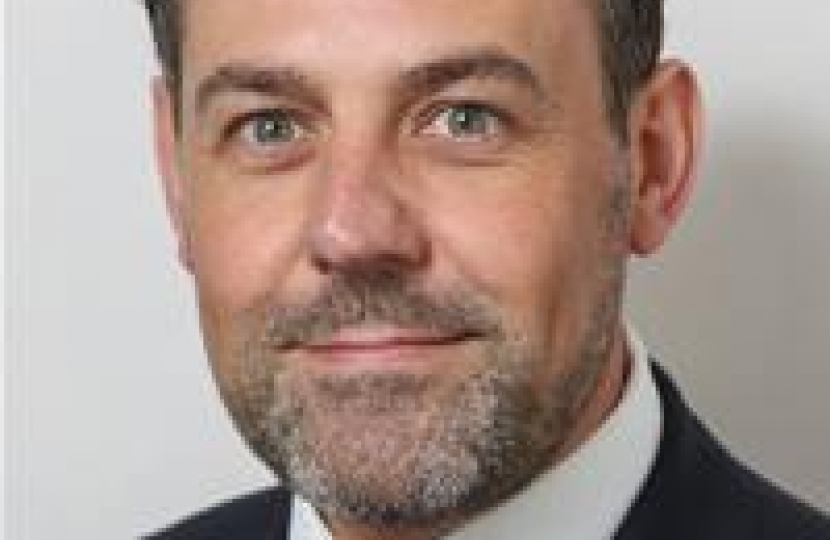
New street names in part of Wales must be in Welsh - and not named after individuals.
Exceptions would only be made for people deemed "extraordinary", such as Sir Captain Tom Moore.
The new policy has been agreed by senior councillors in Denbighshire.
Its cabinet was told it would also help relieve the "heavy burden" of deciding if someone was "worthy" to have a street named after them.
"As times change these names don't stand the test of time and there's a lot of work needed to change them," said Conservative Councillor Richard Mainon, who is in charge of corporate services.
He said officers were also put in a "very difficult position" when the families of dead military personnel asked for streets to be named after loved ones.
Cllr Mainon said armed service bodies had told him it was not something they supported - except where the person had excelled, according to the Local Democracy Reporting Service.
Senior council officer Emma Jones told the council cabinet meeting: "It's the street naming officer who bears the burden of whether a person is worthy of having a street named after them.
"It's a heavy burden and we need to remove the normalisation of naming streets after individuals."
Cllr Mainon added: "If something of national importance happens like Sir Tom Moore, that's extraordinary."
It is not the first time Denbighshire council has pondered the pros and cons of naming streets after people.
In 2014, the council considered an outright ban on naming streets after celebrities due to fears over possible future scandals.
It ultimately stopped short, deciding the name would not be approved unless there was a clear historical or cultural link.
The Welsh street names policy came after the authority consulted with the Welsh Language Commissioner Aled Roberts.
It follows similar principles set out by a street name pledge made by Cardiff council.

